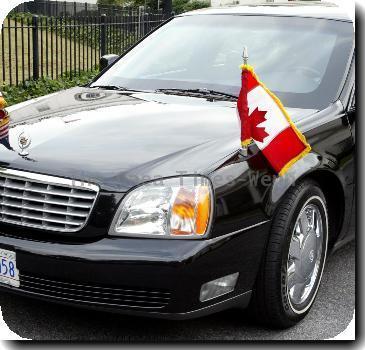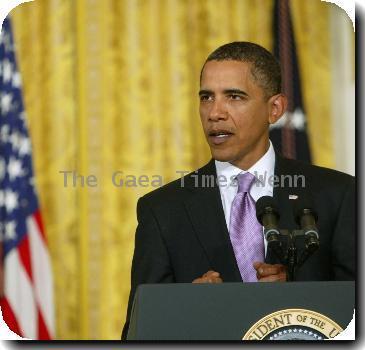Pakistani army declares victory in former militant stronghold for second time in a year
By Yousaf Awan, APTuesday, March 2, 2010
Pakistani army wraps up combat operations in Bajur
DAMADOLA, Pakistan — Pakistan’s army said Tuesday that it has wrapped up military operations in a former Taliban and al-Qaida stronghold in northwestern Pakistan that it declared free of militants a year ago only to see violence continue.
The second declaration of victory in the Bajur tribal region along the Afghan border showed the difficulty of fully pacifying the country’s volatile northwest, even with the deployment of thousands of troops.
Maj. Gen. Tariq Khan, commander of the paramilitary Frontier Corps, said the latest offensive launched in late January meant that militants in Bajur were no longer able to cross over into Afghanistan to join the fight against U.S. and NATO forces and would find it more difficult to stage attacks inside Pakistan.
“We think the Bajur operations have now more or less ended as dedicated military operations. We will switch our posture to policing operations,” Khan told reporters in Bajur’s Damadola area, a key Taliban and al-Qaida base that the army seized at the beginning of February.
The army took reporters on a tour of the extensive cave complex in Damadola, which Khan said militants used as a refuge. He displayed a large number of rockets, mines, rifles and other weapons that troops seized in the latest offensive launched in late January.
The paramilitary commander made a similar declaration of victory last February, saying the insurgency in Bajur had been “dismantled.”
But the key area of Damadola was never invaded during the initial six-month operation launched in late 2008 because the dominant tribe in the area had promised to expel the militants. The tribe failed, but Khan said the army had to wait to launch a new offensive until it wrapped up a massive operation in the South Waziristan tribal region.
Major combat operations ended in South Waziristan late last year, but analysts believe many of the militants simply fled the area before the fighting began — a danger Khan said exists in Bajur as well. He estimated that up to 25 percent of the militants had fled to Afghanistan, and another 15 percent to other areas in Pakistan.
Khan also said that military success alone would not extinguish militancy in Pakistan’s tribal region, an area that has suffered from a lack of development and effective governance for decades.
The U.S. has also urged Pakistan to step up its development efforts in the country’s northwest and has allocated $7.5 billion in nonmilitary aid to the government over the next five years.
Washington has also urged Pakistan to target militants launching cross-border attacks against U.S. and NATO troops in Afghanistan. But the Pakistani government has expressed reluctance, saying it has its hands full fighting militants waging war against the state. In response, President Barack Obama has increased the number of drone missile strikes in Pakistan’s tribal areas.
The Pakistani Taliban confirmed Tuesday that a senior commander wanted in the deadly 2006 bombing of the U.S. consulate in Karachi was killed in a suspected American missile strike last week in the North Waziristan tribal area.
Mohammed Qari Zafar’s death, which was reported earlier by Pakistani intelligence officials, marks the latest success from Washington’s covert CIA-run drone program in Pakistan. The unmanned aircraft have carried out more than 100 missile strikes near the Afghan border since 2004, killing several senior Taliban and al-Qaida leaders.
Associated Press writer Sebastian Abbot contributed to this report from Islamabad.

